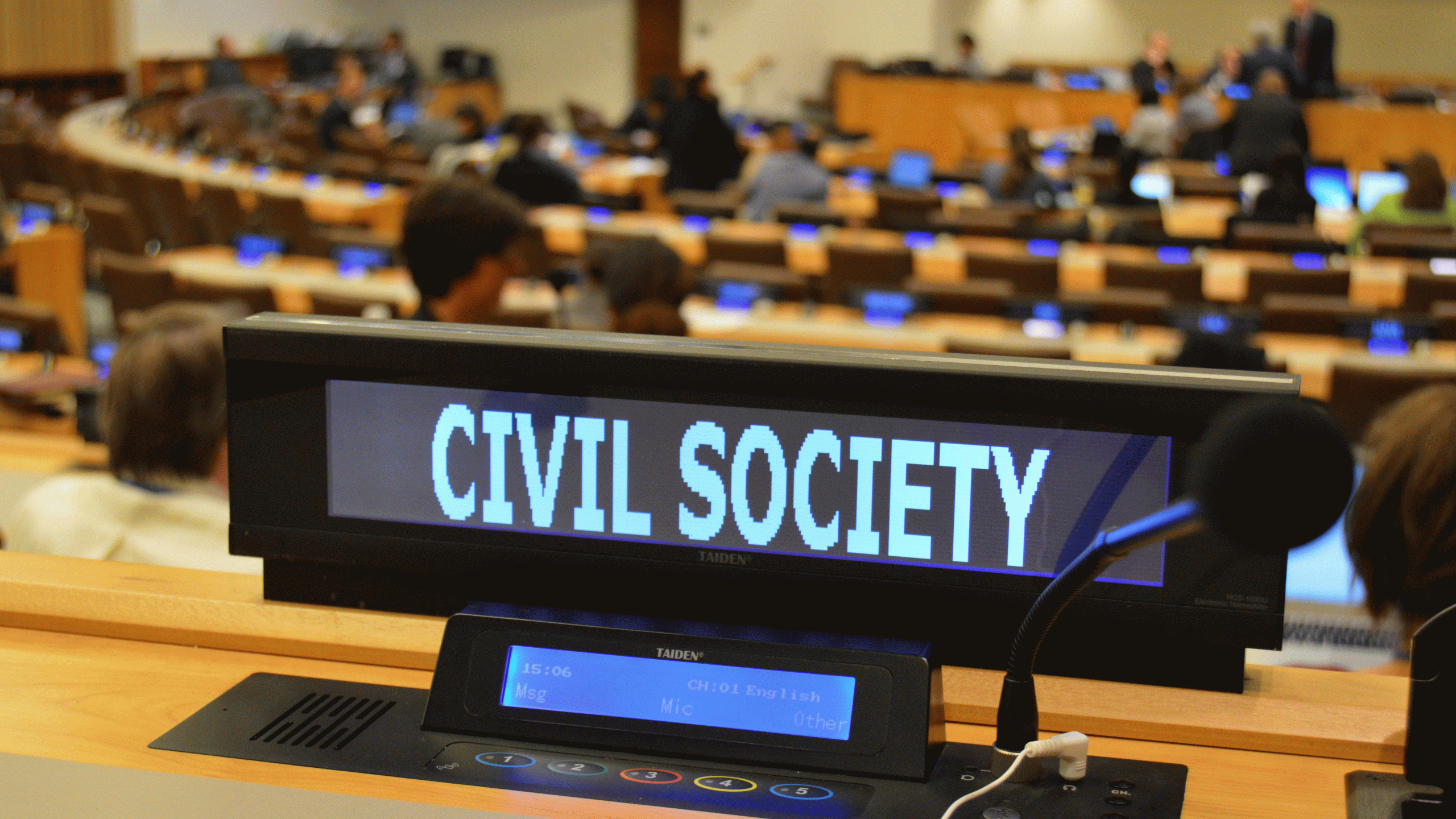This is the first time that the Council has adopted a specific resolution and mandated an international monitoring mechanism on a permanent member of the UN Security Council.
Spearheaded by 26 European States and co-sponsored by more than 47 other countries from diverse regions, the resolution passed by 17 votes in favour, 6 votes against and 24 abstentions.
The initiative responded to calls by numerous Russian human rights defenders and international human rights organisations that have denounced sustained patterns of abuse against civil society in the country over recent years, and which have reached new heights since Russia’s invasion of Ukraine on 24 February 2022.
‘With this vote, Council members have pledged their support to Russian civilians and civil society groups as they are under attack from an increasingly violent and totalitarian State,’ said Phil Lynch, Executive Director of the International Service for Human Rights.
‘This is also a signal that, even if committed by permanent members of the UN Security Council, perpetrators of egregious human rights violations, including possible war crimes and crimes against humanity, will not escape scrutiny,’ he added.
ISHR welcomes the leadership of Luxembourg and other European States in standing with independent civil society and against aggression and repression in pushing this resolution. We deeply regret that States including China, Cuba and Venezuela, as well as Brazil, India, Mexico and Namibia who abstained, chose to support and acquiesce in Russia’s civil society crackdown by voting against or abstaining on the resolution.
In an open letter to Council members published on 21 September, Russian and international civil society groups, including ISHR, urged the international community to take immediate steps to document and respond to the systematic campaign of repression and restriction of civic space that has taken place in Russia in recent years.
This sustained campaign, the groups emphasised, has culminated in what amounts to the criminalisation of peaceful protest, as well as the enactment of censorship laws that ban critical reporting on the war and bar access to reliable news sources. Rights groups reported that some 15,000 anti-war protesters were arrested in the weeks following the invasion, while hundreds of journalists and activists have had to go into exile.
‘There is a clear link between domestic repression and international aggression. The criminalisation of protest, the imprisonment of human rights defenders, the silencing of the free press, and the massive propagation of disinformation are all factors which have enabled Putin to perpetrate his war of aggression in Ukraine,’ Lynch said.
ISHR welcomes this historic outcome which provides a vital bridge between the UN and Russian civil society actors and will ensure that, despite Russia’s authoritarian efforts, the international community will have access to expert information and analysis regarding the human rights situation on the ground.
Download as PDF




